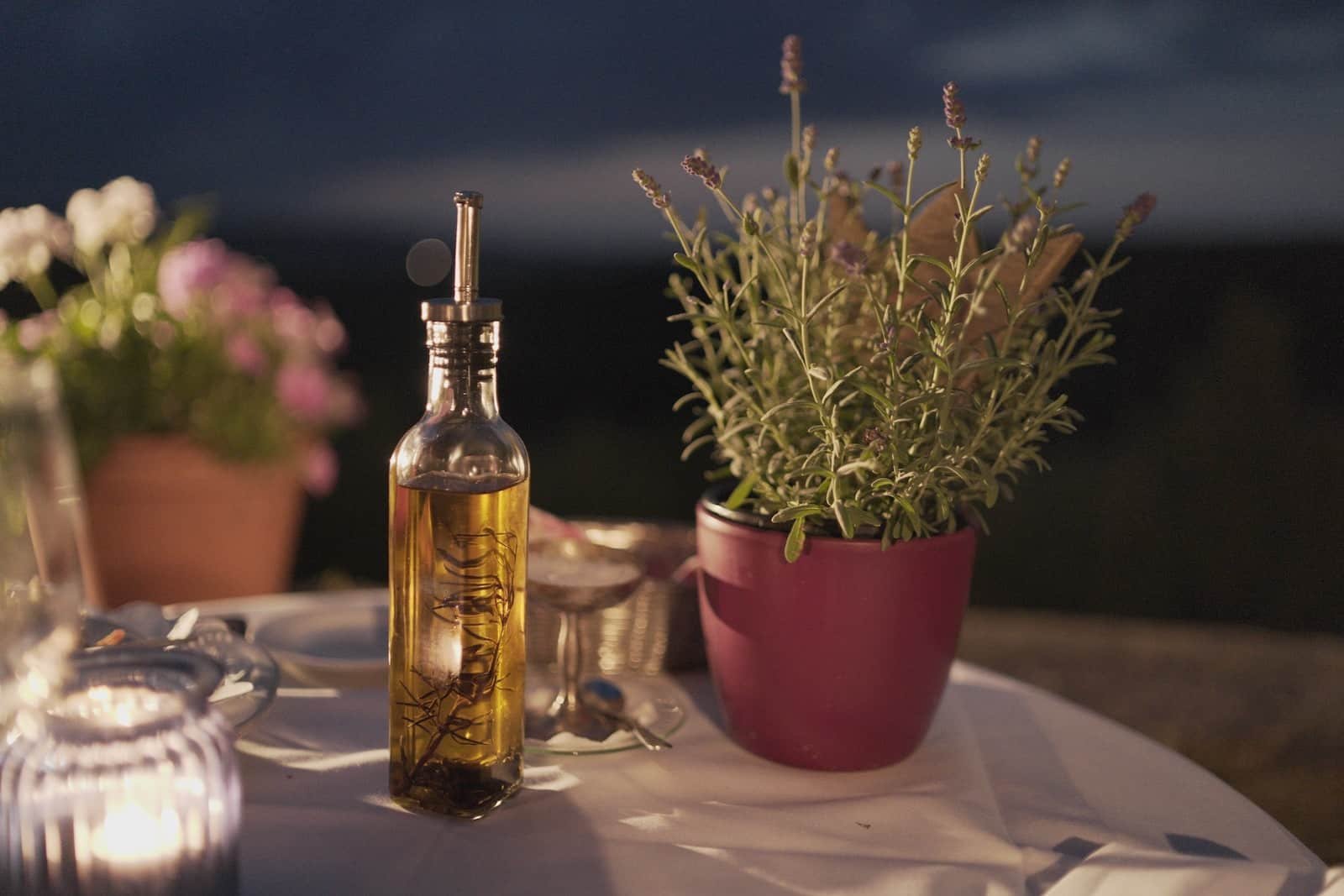Olive oil is one of those magical ingredients that’s been with us for millennia. It’s not just a cooking essential; it’s a cultural icon, a health food, and let’s face it, a bit of a kitchen counter showpiece. But even the finest of olive oils don’t last forever, and understanding its shelf life is crucial for both quality and safety. So, grab your bottles (figuratively, of course), and let’s get into the pressing details of olive oil longevity.
Before we dive into shelf life, let’s quickly brush up on our olive oil basics. Olive oil is a natural product made from the fruit of the olive tree. The quality of olive oil can vary based on several factors, including the type of olives, the harvesting process, and the pressing technique. These factors not only affect the flavor but also how long the oil maintains its freshness.
Now, to the heart of the matter: how long does olive oil last? Typically, a high-quality extra virgin olive oil (EVOO) will stay at its freshest for about 12 to 18 months from the time it’s bottled. However, once you open it, you should aim to use it within six months for the best taste and quality. Why the decrease in time post-opening? Exposure to air, light, and heat can all accelerate the degradation process.
For refined or lower-grade olive oils, the shelf life might be a bit longer since they are processed to remove impurities and are less prone to oxidation. These can last up to 24 months unopened, but the six-month rule post-opening still applies.
Like a good detective, knowing the signs of spoilage is key. Here are some clues that your olive oil has gone bad:
Proper storage is the key to longevity. To keep your olive oil fresh for as long as possible, follow these tips:
According to the FDA and other health agencies, consuming rancid olive oil is unlikely to make you sick in the short term, but it does lose its nutritional value and beneficial antioxidants over time. Moreover, it just doesn’t taste good. The FDA provides guidelines on the handling and storage of food products, and while olive oil isn’t highly perishable, it’s best to follow good practices to ensure its quality and your enjoyment.


